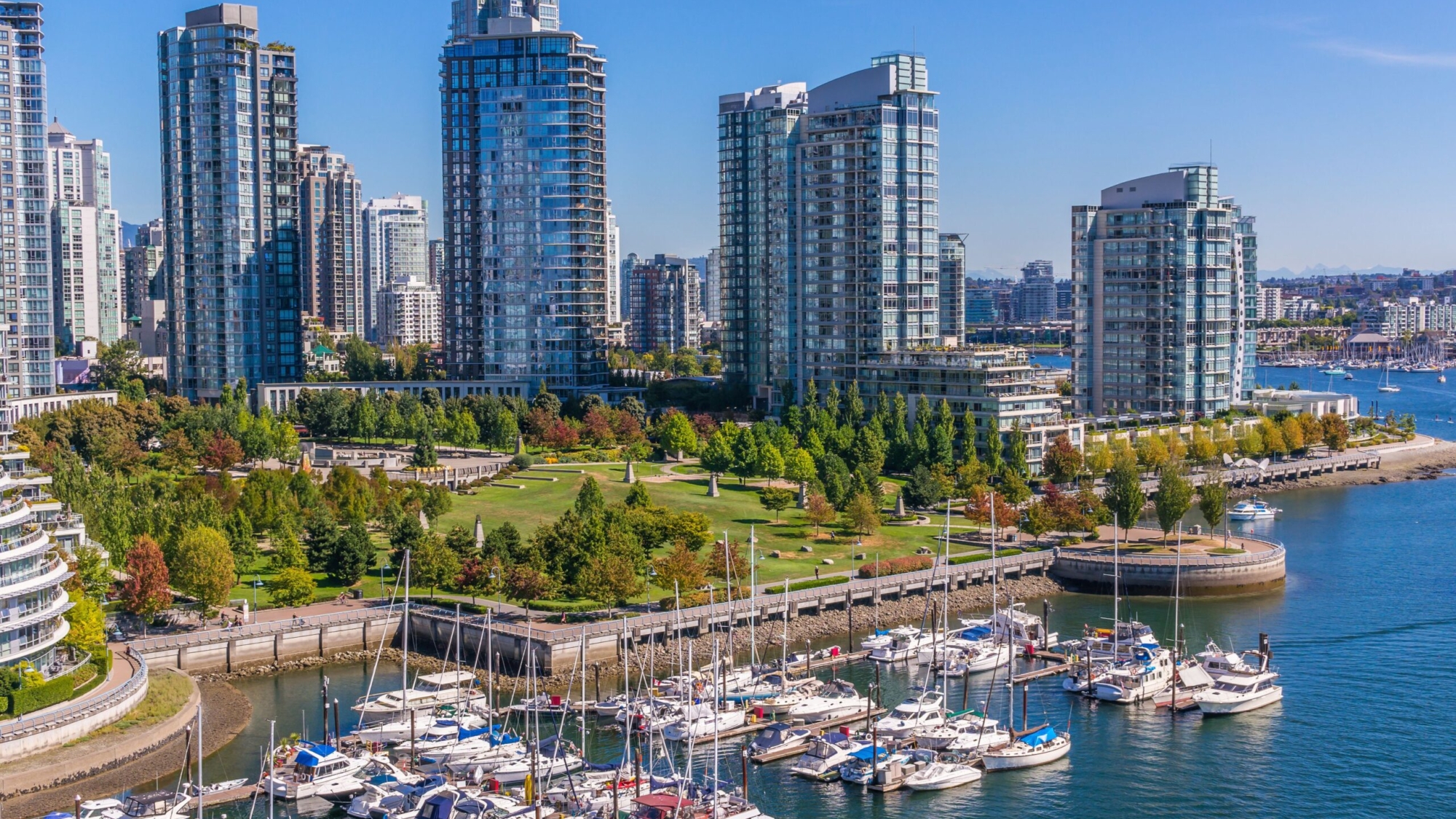Whilst everyday Australians, corporations and towns are making big strides to become more energy efficient and sustainable there’s still a lot to be learned from other cultures and communities.
Copenhagen, Denmark
Copenhagen is widely regarded as one of the most sustainable cities in the world. The city has a goal to be carbon-neutral by 2025 and has invested heavily in cycling infrastructure, renewable energy, and green spaces.
Copenhagen has set itself ambitious targets for reducing carbon emissions and becoming carbon neutral by 2025. The city has already made significant progress towards this goal by investing heavily in renewable energy, such as wind power, and promoting energy-efficient buildings.
Cycling is a popular mode of transportation in Copenhagen, with over 50% of residents commuting by bike. The city has an extensive network of bike lanes and has implemented initiatives such as bike-sharing programs to encourage more people to cycle.
Public transportation in Copenhagen is also highly efficient and accessible, with a comprehensive metro system and an extensive network of buses and trains. The city also promotes the use of electric vehicles and has set a target to have only electric buses in operation by 2030.
Copenhagen is also known for its green spaces, with parks and gardens scattered throughout the city. The city has set a target to have 50% of the city covered in green areas by 2025, and initiatives such as green roofs and vertical gardens have been implemented to achieve this goal.
Overall, Copenhagen’s commitment to sustainability has earned it a reputation as one of the most liveable and environmentally friendly cities in the world.
Vancouver, Canada:
Vancouver is known for its commitment to sustainability, with a focus on reducing greenhouse gas emissions and promoting renewable energy sources. The city has a goal to be the greenest city in the world by 2020.
Vancouver is indeed known for its commitment to sustainability and environmental protection. The city has a long history of promoting eco-friendly policies and initiatives, and it has set some ambitious goals to reduce its environmental impact and improve its quality of life.
One of the most significant goals that Vancouver has set is to become the greenest city in the world by 2020. This ambitious goal was launched in 2009, and it outlines several key areas where the city needs to focus its efforts to achieve its sustainability targets.
These key areas include:
Green buildings: Vancouver has set a goal to make all new buildings in the city carbon-neutral by 2030. The city also has a plan to retrofit existing buildings to make them more energy-efficient and reduce their carbon footprint.
Clean energy: Vancouver is committed to using 100% renewable energy for its electricity supply by 2050. The city has already made significant progress in this area, with over 90% of its electricity coming from renewable sources like hydroelectricity.
Active transportation: Vancouver is promoting active transportation, such as walking, cycling, and public transit, to reduce the city’s reliance on cars and reduce greenhouse gas emissions. The city has implemented several initiatives to encourage more people to use active transportation, such as building more bike lanes and improving public transit infrastructure.
Zero waste: Vancouver is committed to reducing the amount of waste generated in the city and diverting as much waste as possible from landfills. The city has set a goal to reduce solid waste going to landfills by 50% by 2020.
Overall, Vancouver’s commitment to sustainability is admirable, and the city has made significant progress towards achieving its green goals. While it may not have reached its target of being the greenest city in the world by 2020, it has certainly set a high bar for other cities to follow in their efforts to protect the environment and promote a sustainable future.
Want to know more about how to make your business more sustainable? Read these blogs:
Our Top Tips for making your business more sustainable
Why you need to be separating waste at the source for your business


Add a Comment